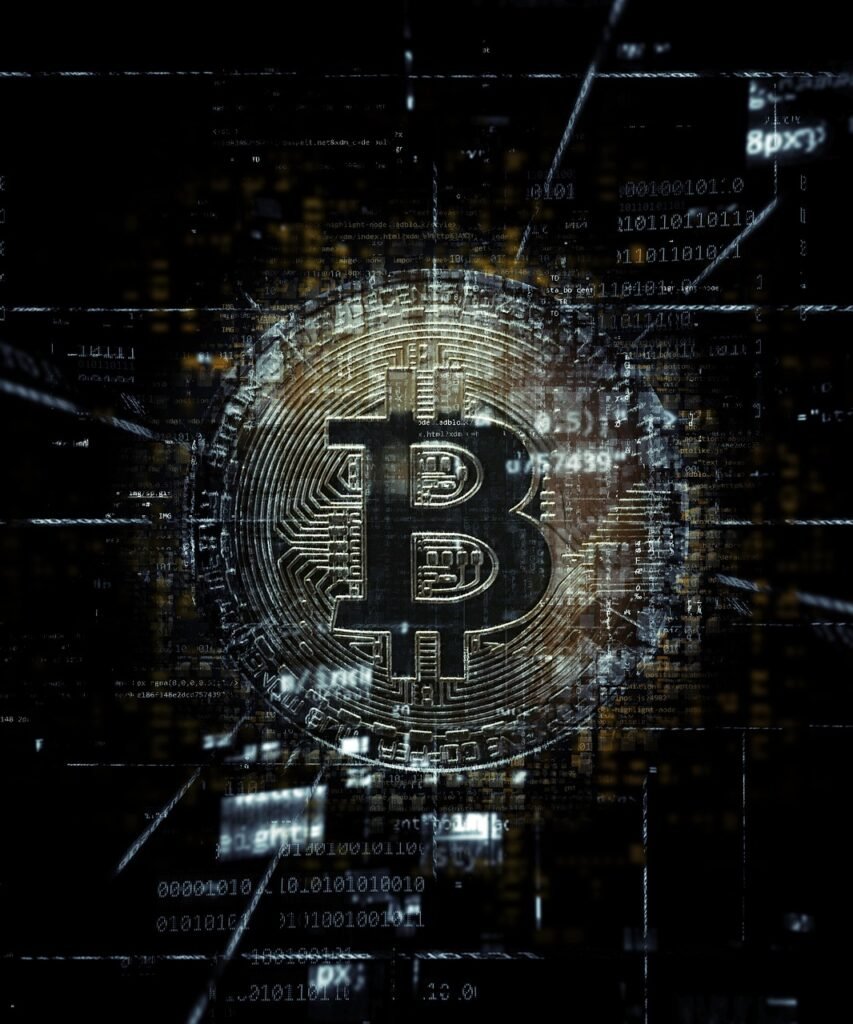Interested in dipping your toes into the world of crypto currency mining, but not sure where to start? Look no further, as we are here to guide you through the basics. In this article, we will cover the essentials of crypto currency mining for beginners, providing you with a better understanding of how to generate income through this innovative technology. From setting up your mining rig to choosing the right coins to mine, we’ve got you covered. So sit back, relax, and let us help you navigate the exciting world of crypto currency mining.
“Crypto Currency Mining for Beginners”
Hey there! Interested in diving into the world of crypto currency mining but not sure where to start? Don’t worry, we’ve got you covered! In this article, we’ll walk you through the basics of crypto currency mining and help you understand how you can get started on your mining journey. Let’s get started!

What is Crypto Currency Mining?
So, first things first – what exactly is crypto currency mining? In simple terms, mining is the process of validating transactions on a blockchain network using computational power. Miners solve complex mathematical problems to confirm transactions and add them to the blockchain. As a reward for their efforts, miners receive newly minted coins as well as transaction fees.
How Does Crypto Currency Mining Work?
Mining involves using powerful computers to solve cryptographic puzzles that validate transactions. Each transaction that is validated creates a new block in the blockchain. Miners compete with each other to solve these puzzles, and the first one to complete it gets to add the block to the blockchain. This process is known as proof-of-work.
Types of Crypto Currency Mining
There are two main types of mining: CPU mining and GPU mining. CPU mining involves using your computer’s central processing unit to mine crypto currencies. This method is less efficient and profitable compared to GPU mining. GPU mining, on the other hand, uses graphics processing units to mine crypto currencies. GPUs are more powerful and can handle complex computations, making them ideal for mining.
Popular Crypto Currencies for Mining
Some popular crypto currencies for mining include Bitcoin, Ethereum, Litecoin, and Monero. Each crypto currency has its own mining algorithm and rewards system. Bitcoin, for example, uses the SHA-256 algorithm, while Ethereum uses Ethash. Before you start mining, make sure to research the specific requirements and rewards for each crypto currency.

Getting Started with Mining Hardware
Now that you have a basic understanding of mining, let’s talk about the hardware you’ll need to get started. The key components for mining are a powerful computer, a mining software, and a reliable internet connection. For GPU mining, you’ll need a dedicated graphics card or GPU rig. Make sure to invest in quality hardware to ensure optimal mining performance.
Choosing the Right Mining Pool
Mining solo can be quite challenging, especially for beginners. That’s where mining pools come in. A mining pool is a group of miners who work together to solve blocks and share the rewards. By joining a mining pool, you increase your chances of earning rewards consistently. Do some research and choose a reputable mining pool with low fees and a good track record.

Setting Up Your Mining Software
Once you have your hardware and mining pool set up, it’s time to install your mining software. There are several mining software options available, including CGMiner, BFGMiner, and NiceHash. These software programs help you manage your mining rigs, monitor performance, and track your earnings. Take the time to familiarize yourself with the software and settings before you start mining.
Understanding Mining Rewards
Mining rewards vary depending on the crypto currency you’re mining and the mining algorithm you’re using. For example, Bitcoin miners receive a set reward for each block they mine, known as the block reward. In addition to the block reward, miners may also earn transaction fees from the transactions in the block. Make sure to research the reward system of the crypto currency you’re mining to optimize your earnings.

Managing Your Electricity Costs
One important factor to consider when mining is your electricity costs. Mining requires a significant amount of power, which can lead to high electricity bills. To minimize costs, consider mining during off-peak hours, investing in energy-efficient hardware, and using renewable energy sources if possible. Keep an eye on your electricity consumption and adjust your mining strategy accordingly.
Securing Your Crypto Currency Wallet
As you start earning crypto currency rewards from mining, it’s crucial to secure your earnings in a digital wallet. A crypto currency wallet stores your coins securely and allows you to send and receive payments. There are different types of wallets available, including online wallets, hardware wallets, and mobile wallets. Research the best option for your needs and make sure to keep your wallet secure.

Monitoring Your Mining Performance
To maximize your mining earnings, it’s essential to monitor your mining performance regularly. Keep an eye on your hash rate, mining pool payouts, and hardware temperature. Use monitoring tools like MiningPoolStats and Minerstat to track your progress and make adjustments as needed. Stay informed about the latest developments in the crypto currency mining industry to stay ahead of the curve.
Conclusion
And there you have it – a beginner’s guide to crypto currency mining! We hope this article has given you a good overview of what mining is all about and how you can get started on your mining journey. Remember to research, invest in quality hardware, join a mining pool, and monitor your performance to succeed in the world of crypto currency mining. Happy mining!
